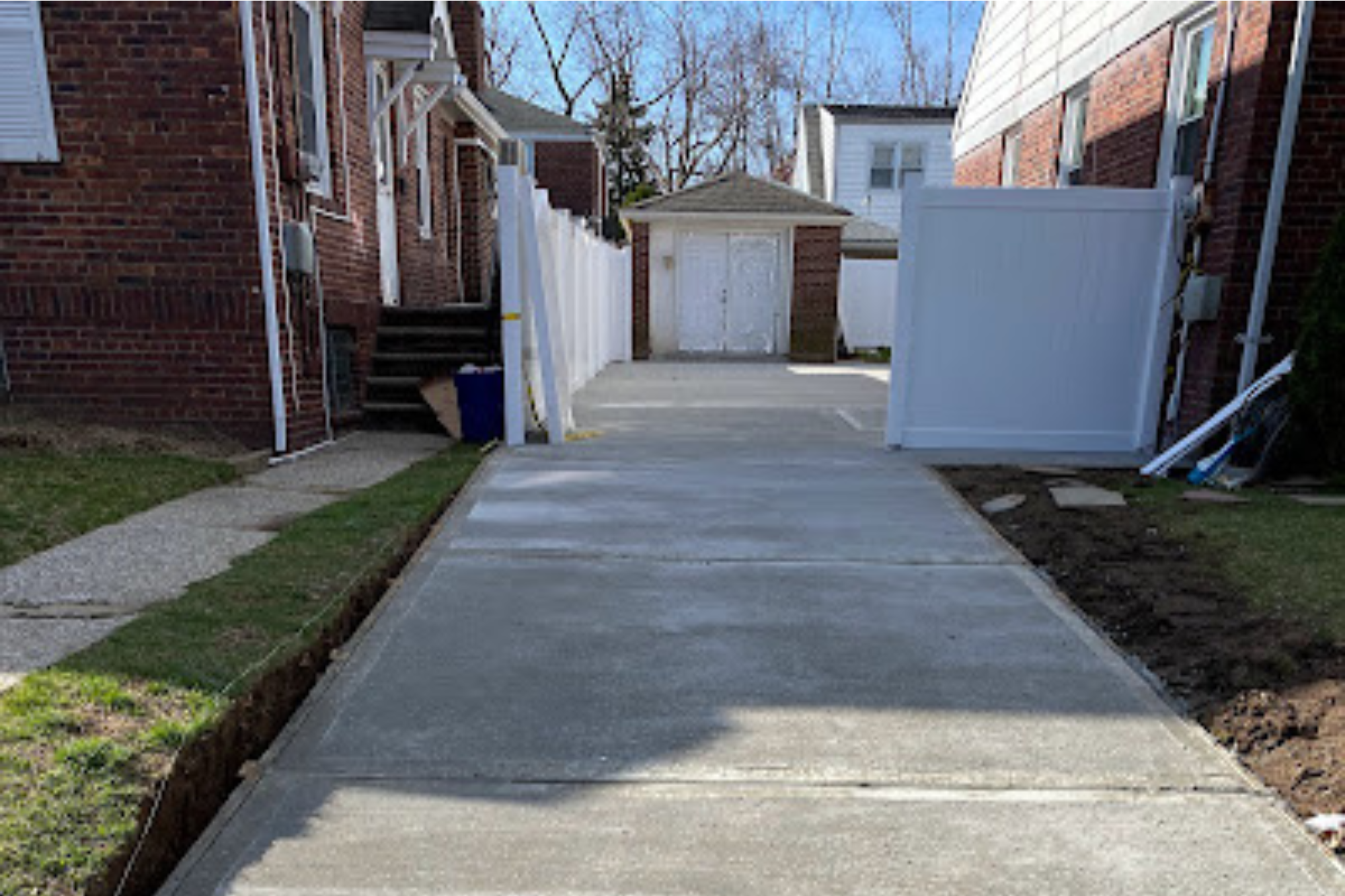Understanding the costs associated with driveway paving is crucial for homeowners planning to enhance their property’s curb appeal and functionality. This guide breaks down the factors influencing driveway paving costs, so you can make an informed decision and budget accordingly.
1. Factors Affecting Driveway Paving Cost
- Material Choices The type of paving material significantly impacts the overall cost. Common materials include asphalt, concrete, pavers, and gravel. Asphalt is generally the most affordable, while concrete and pavers can be more expensive but offer a wider range of aesthetic options.
- Driveway Size and Shape The size and shape of your driveway directly affect the cost. Larger driveways require more material and labor, increasing the total expense. Irregular shapes or complex designs may also raise costs due to additional labor and material needs.
- Site Preparation Proper site preparation is essential for a durable driveway. This may involve excavation, grading, and installing a base layer. Site conditions, such as soil stability and drainage issues, can impact the cost of these preparations.
2. Material Cost Breakdown
- Asphalt Driveways Asphalt driveways typically cost between $2 to $5 per square foot. They are known for their durability and relatively low driveway paving installation costs. However, they may require periodic sealing and maintenance.
- Concrete Driveways Concrete driveways are priced between $4 to $10 per square foot. They offer a long-lasting surface with various finishing options. The higher cost reflects the need for a strong foundation and curing time.
- Pavers and Gravel Pavers can range from $10 to $30 per square foot, depending on the type and design. Gravel driveways generally cost $1 to $3 per square foot but may require regular replenishing and maintenance.

3. Additional Costs to Consider
- Drainage Solutions Proper drainage is essential to prevent water damage and erosion. Costs for installing drainage systems can vary based on the complexity and scale of the project.
- Edging and Borders Adding decorative or functional edging to your driveway can enhance its appearance and durability. Edging options can include concrete, stone, or metal and add to the overall cost.
- Permits and Regulations Depending on your location, you may need permits for driveway paving. Check local regulations to ensure compliance and avoid any potential fines or delays.
4. Cost-Saving Tips
- Compare Quotes Obtain quotes from multiple contractors to ensure you get a competitive price. Be sure to compare the scope of work and materials included in each quote.
- Choose Durable Materials Investing in higher-quality materials may reduce the need for frequent repairs or replacements, ultimately saving you money in the long run.
- Plan for Maintenance Regular maintenance can extend the life of your driveway and prevent costly repairs. Budget for ongoing upkeep to ensure your investment lasts.
In conclusion, understanding the costs involved in driveway paving is key to making an informed decision that balances aesthetics, functionality, and budget. By considering factors like material choice, driveway size, site preparation, and additional costs such as drainage or edging, homeowners can plan effectively and avoid unexpected expenses. With careful planning and regular maintenance, your driveway will not only look great but also last longer. For expert advice and quality workmanship, Serrano’s Masonry is here to help with all your paving needs, ensuring a driveway that enhances your home’s value and curb appeal

